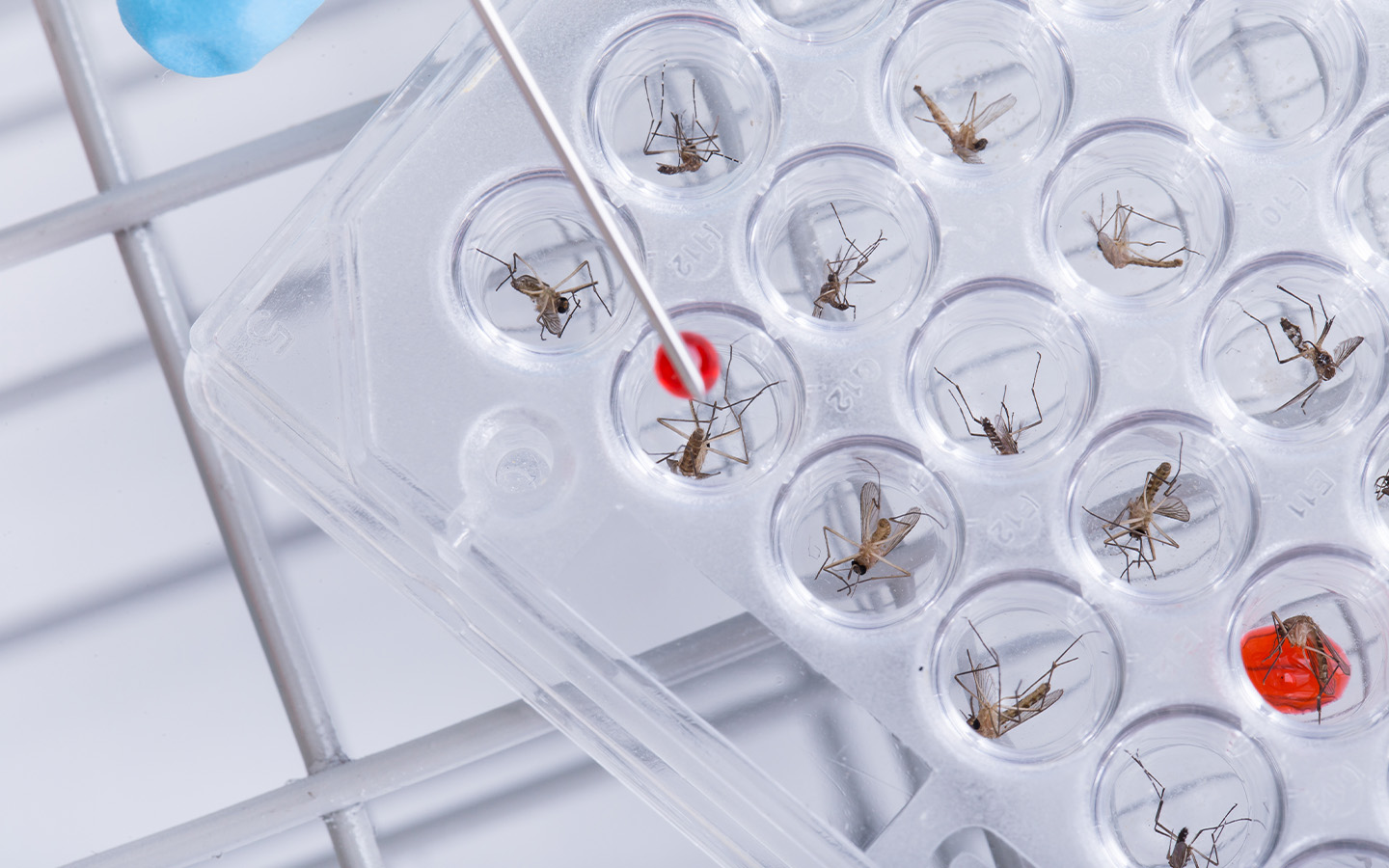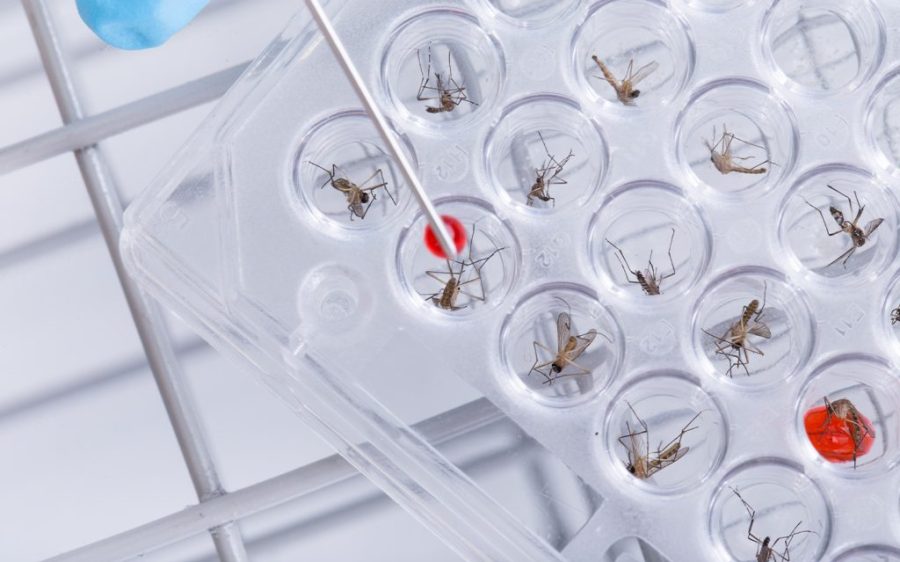Wolbito do Brasil, the world’s largest biofactory for breeding specially modified mosquitoes, aims to protect some 140 million Brazilians from mosquito-borne illnesses within the next few years.
Backed and used exclusively by the Brazilian Ministry of Health, the new plant in Curitiba (Paraná) boasts a production capacity of 100 million mosquito eggs per week, reports Reuters. Each egg is infected with Wolbachia, a naturally occurring bacteria that prevents infected mosquitoes from spreading disease.
Mosquito-borne illnesses are a growing public health crisis in Brazil, affecting millions of people and straining healthcare resources. Last year, dengue alone killed 6,297 people and infected more than 6.5 million in Brazil.
“Wolbito do Brasil will be able to protect around 7 million people in Brazil every six months,” Luciano Moreira, the company’s chief executive, said in an interview. The plant is a joint venture between the health ministry, the Institute of Molecular Biology of Paraná, the Oswaldo Cruz Foundation and the World Mosquito Program (WMP), which pioneered the Wolbachia method.
[See more: Macao has detected its first-ever imported case of Zika virus]
WMP’s method hinges on injecting Aedes aegypti mosquitoes with Wolbachia, an extremely common bacteria found in most insect species, including bees, beetles, butterflies and some mosquitoes. It is not normally found in Aedes aegypti, the primary vector for dozens of mosquito-borne viruses, but once introduced, it prevents viruses from propagating inside the insect. This dramatically reduces the mosquitoes’ ability to transmit viruses, a protection that is passed on to each successive generation.
“Wolbachia only lives inside insect cells. So, if an insect dies, it dies too,” Antonio Brandao, Wolbito do Brasil production manager, told Reuters.
Humans have long been exposed to the bacteria through food and biting insects without any ill effects. Independently assessed at sites across Asia, Oceania and South America, pilot programmes in Brazil have already protected more than 5 million people across eight cities in the last decade.
In Niterói, a poor city outside Rio de Janeiro that started releasing Wolbachia mosquitoes in 2015, dengue cases plunged around 90 percent compared to the decade prior. Chikungunya and Zika fell even further, over 96 percent and 99 percent, respectively. Now, the health ministry aims to bring that level of protection to 140 million people across 40 municipalities, starting with the neighbourhoods experiencing the highest incidence of dengue.






